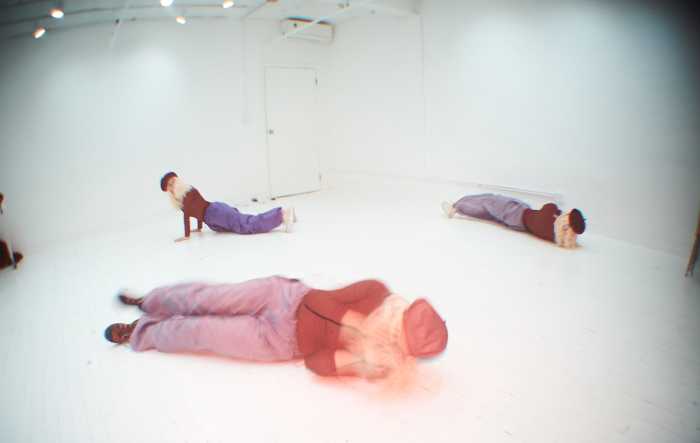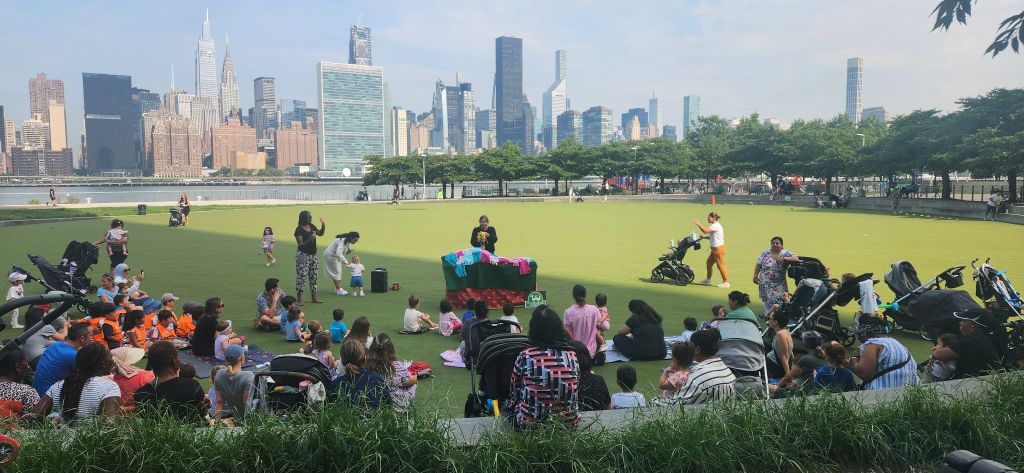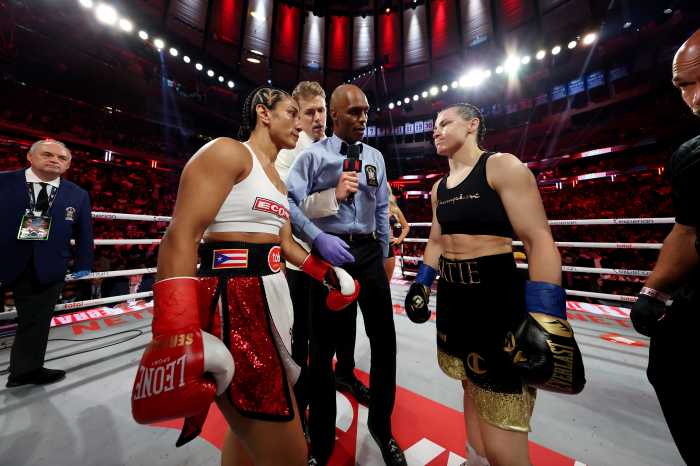By David J. Glenn
The number of people horrifically killed in the Sept. 11 attacks can be quantified. So can the numbers left unemployed, and the amount of property damage.
But the indirect effects of the mindless attacks on the World Trade Center are harder to get a handle on. How many people are fighting depression and anxiety caused or aggravated by the tragedy? In what kind of ways has each person’s own lifestyle been changed?
Government agencies and private foundations are handling the quantifiable losses. But it’s up to the city’s art and cultural venues to help heal the spirit.
The Daily News reported last week that about $6.5 million of the $337 million collected by the September 11 Fund — set up by the United Way and the New York Community Trust — has been set aside for interest-free loans and grants to nonprofit arts and cultural groups around the city. It wasn’t clear by Qguide press time which, if any, Queens sites would be given part of the money.
But one thing was clear — the money is sorely needed.
The move by the Fund to earmark the money — about 2 percent of the collections — is not without controversy; it follows the troubles the American Red Cross encountered when it set aside a portion of its Sept. 11 funds for future use, a plan the Red Cross since rescinded. Many have protested using such funds for anything other than direct help to survivors. “I don’t think donors [to the September 11 Fund] were thinking of a philharmonic in Brooklyn,” said Daniel Borochoff, president of the American institute of Philanthropy based in Maryland.
It is an important point. Donors evidently had widows, children, and the newly unemployed in mind when they gave to the Red Cross and to the September 11 Fund.
But the arts and culture venues of Queens and the rest of the city, as we reported last week, have suffered a triple-whammy stemming from Sept. 11: Attendance, with some exceptions, has dipped because people are staying home more and school trips were canceled; corporations and foundations have contributed fewer dollars; and the city has announced a 15 percent cutback in funding of the arts. These non-profits need help, not only for their own sake, but for the spirit of the city.
The controversy could have been avoided if September 11 Fund officials made it clear from the beginning that a small portion of the money would go to the arts. Or, the Fund or the Red Cross could have set up a separate entity to raise money for the non-profits.
This still can be done.
As any good physician knows, healing the spirit is a big part of recovery.


































